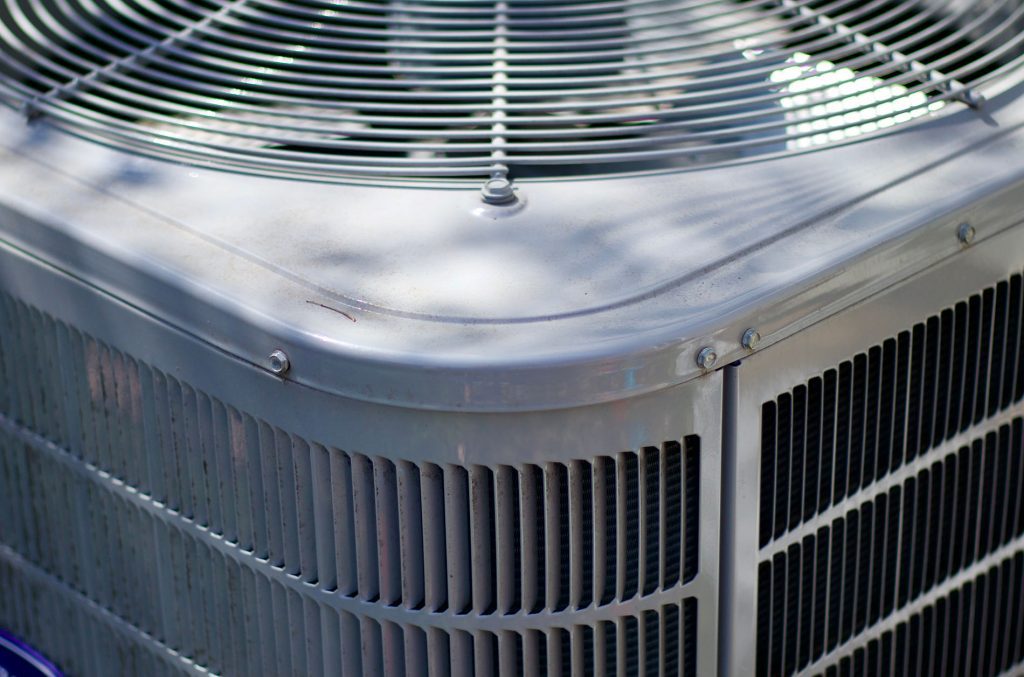

This document explains the common indoor air quality products employed in residential homes, focusing particularly on their potential benefits and impacts on the transmission of diseases such as COVID-19.
Can an Air Filtration System Shield Against Covid-19?
It’s important to note that regardless of the air filtration system used, it can only filter out a virus if it’s initially introduced into the home, often by inhabitants. Therefore, it’s crucial to take preventive measures, such as frequent hand washing, wearing a mask, using personal protective equipment, and utilizing sanitizing products. Standard filters may not effectively capture viruses due to their small size and ability to pass through filter gaps. Hence, proper disposal techniques should be employed when handling used filters.
Air Filters Varieties and Their Efficiency Against Viruses Like Covid-19
High-Efficiency Air Filters
These filters can catch particles as small as 2 microns, effectively filtering out allergens, pet dander, and mold. However, their efficacy against viruses could be better due to the tiny size of most viral particles. Even the highly efficient HEPA filters, mainly utilized in hospitals, may not fully filter out viruses as they can only filter particles down to .3 microns at a 99.97% efficiency rate.
Effectiveness of HEPA Filters Against Covid-19
Although the filter may trap some viral particles, it is essential to clarify that these products should not be marketed as a defense against Covid-19.
Electronic Air Filters
These filters capture most particles in a prefilter before charging the remaining ones electrically. An ozone generator component can attach to contaminants like mold spores and bacteria, effectively eliminating them.
Effectiveness of Electronic Air Filters Against Covid-19
According to the Journal of Natural Science, Biology and Medicine, ozone-generating products could be effective against coronaviruses like SARS, with studies showing the potential elimination of up to 99% of virus cells under sufficient ozone exposure. However, the efficacy of ozone against COVID-19 is yet to be established.
UV Lights
UV lights work on the principle of exposing surfaces to UV light for a specific duration, effectively killing viruses like SARS and MERS. However, UV lights’ effectiveness in residential settings may be limited due to the quick air movement in ducting systems, which might not allow adequate exposure time for the light to kill the virus.
Effectiveness of UV Lights Against Covid-19
While there is promising evidence of UV lights’ potential effectiveness against other coronaviruses, their effectiveness against COVID-19 remains to be determined due to the optimal exposure time and distance requirements.
Air Scrubbers
Air scrubbers like Aerus Air use ActivePure Technology to sanitize the air. The technology transforms microscopic oxygen and water molecules into powerful oxidizers that eliminate contaminants in the air and on surfaces.
Effectiveness of Air Scrubbers Against Covid-19
As with the other products, air scrubbers have yet to be specifically tested against Covid-19. Nonetheless, their mechanism, which allows for an airborne response to airborne contaminants, might offer an edge over other systems that depend on the HVAC system to bring contaminants to them.
The Efficacy of Air Filtration Systems in Combating Covid-19
Key Takeaways for Our Customers:
- None of the commonly used consumer indoor air quality products has been tested specifically for effectiveness against Covid-19.
- Most of these products show some effectiveness against coronavirus-type viruses under certain conditions. However, their reliance on air ducts to bring the virus to them and retain them long enough for elimination makes complete removal unlikely.
- Improving indoor air quality is crucial for overall health, and we strongly recommend using these products for that purpose, not necessarily as a COVID-19 prevention method.
- Be educated and sensible about the products you’re considering. If a product’s claims sound too good to be true, they probably are.
Remember that using certain products, such as high-efficiency filters, can restrict your airflow and may require modifications to your duct system to maintain optimal operation. Attempting self-installation without sufficient knowledge of the product and your HVAC system could result in premature failure of system components.
For these reasons, we recommend professional installation for most of these products.
Contact us to receive your quote and book your HVAC services today.

